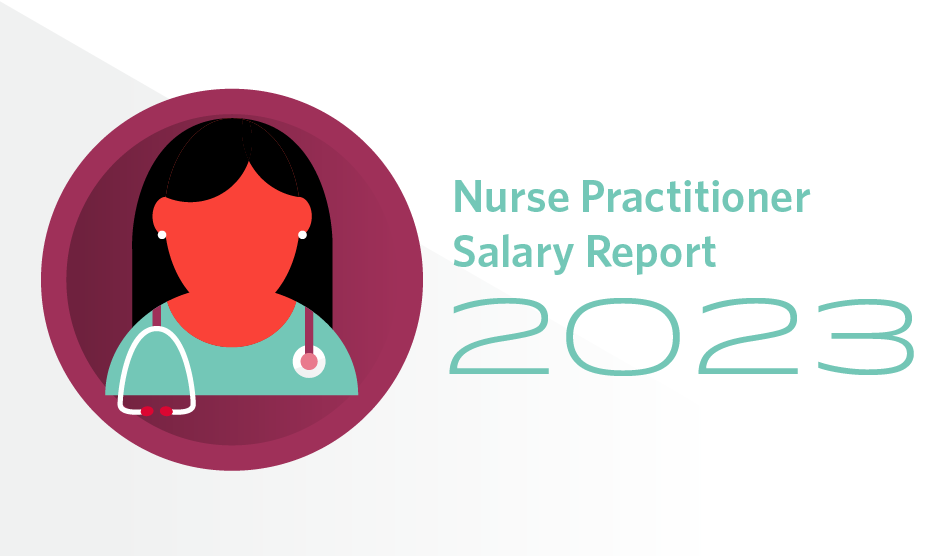 Medscape recently surveyed the country’s doctors to gauge how they perceive burnout, its causes, and how it influences their opinion of the profession. New to the survey this year was a self-assessment of their bias toward patients and how it may affect physicians’ approach to treatment.
Medscape recently surveyed the country’s doctors to gauge how they perceive burnout, its causes, and how it influences their opinion of the profession. New to the survey this year was a self-assessment of their bias toward patients and how it may affect physicians’ approach to treatment.
Read on to see which specialists reported the highest rates of burnout, who appeared to be happiest on and off the job, and whether personal bias interfered with the practice of medicine.
Burnout Remains High
For the purposes of this study, Medscape defined “burnout” as experiencing a “loss of enthusiasm for work, feelings of cynicism, and a low sense of personal accomplishment” at least once in the past year. And unfortunately, America’s physicians still felt that burden. Doctors in all specialties registered higher rates of burnout in 2015 compared with the previous year. That said, some specialties appear to be more susceptible: Critical care topped the burnout list, up from 53 percent in 2014 to 55 percent in 2015.
Not coincidentally, critical care MDs also ranked the highest on the severity scale. Participants were instructed to judge cases of burnout on a scale from not interfering with life and work (1) on the lowest end to “it is so severe that I am thinking of leaving medicine altogether” (7) at the high end. Critical care specialists registered an average 4.74, and neurologists ranked second with 4.41. Rheumatologists and psychiatrists reported the least severe incidents of burnout, with an average of 3.91 and 3.85 respectively. Still, all physicians stated their feelings of burnout were more intense last year than the year before.
When asked to name contributing factors, the majority cited bureaucracy and too many hours at work. Other culprits included increasing computerization, feeling like a cog in a machine, and maintaining certification requirements.
Female Physicians Report More Burnout
Another trend that carried over from previous surveys is that more female physicians experienced burnout than their male counterparts regardless of specialty—55 percent of women versus 46 percent of men.
The Happiness Factor
Of course, a perception of happiness is a significant component to combating symptoms of burnout. And conversely, a lack of happiness can amplify these symptoms. The most recent survey revealed dermatologists and ophthalmologists are among the happiest doctors on the job. The least content at work were internists (24 percent) and intensivists (25 percent).
Respondents also were asked to calculate their happiness off duty, and an equal representation of men and women claimed to be content at home. However, only 26 percent of women stated they were happy on the job.
Physician Bias in Medicine
Medscape also queried physicians about their possible biases toward patients. While 40 percent of doctors admitted to feeling some sort of bias, few believed it negatively impacted treatment decisions. In fact, of those who confessed to holding biases, one-fourth thought these attitudes pushed them to overcompensate by giving more attention, time, and education to patients they viewed negatively. This was especially true among physicians younger than 46 years old.
The most common biases went against individuals who exhibited emotional problems, followed by people with obesity or weight issues, and those with perceived intellectual deficits.
Interestingly, the specialists with the least amount of direct patient contact, namely pathologists and radiologists, believed they held little bias. On the other hand, physicians who have the most direct patient contact experienced the most bias—emergency medicine doctors (62 percent), orthopedists (50 percent), and psychiatrists (48 percent).
The Locum Tenens Solution
Do you find yourself looking to lessen the bureaucratic burdens of running a practice or wanting to take more control over your hours, or needing to reignite your passion for patient care? Maybe it’s time to consider locum tenens. Talk to a Weatherby Healthcare consultant to learn how the career alternative can be a prescription to treating physician burnout and bias.


